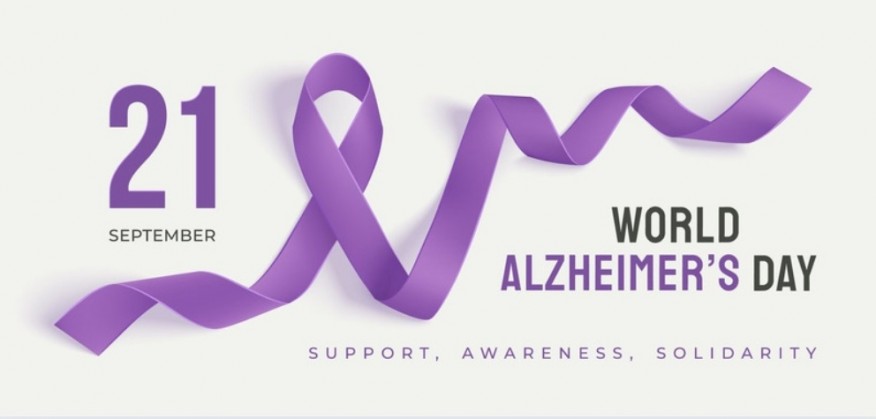
We all have descriptive and graphic notions of what someone with Dementia looks like. The image I have is of someone older almost senile who, in part due to age and health, has started to recline. I think of the someone in their 80s who cannot recall loved ones and who has no idea of their surroundings. Itís a grim description, but itís the picture I had been informed by literature, arts and even public health campaigns. With that image in mind, I remember exactly when I received the news that my dad had early on set vascular dementia. I genuinely thought it was an error or my mother had misunderstood what the doctor had told her.
Aside the pre-existing health conditions, he was young and dementia is not a young people disease, so I thought. My dad was under 50 when he was diagnosed and even he did not believe his diagnosis.
Receiving news about my dadís health was not alienating to me as he had a heart condition and had suffered a stroke, but a dementia diagnosis seemed misplaced. Aside the pre-existing health conditions, he was young and dementia is not a young people disease, so I thought. My dad was under 50 when he was diagnosed and even he did not believe his diagnosis. It took a lot of openness and selfless perseverance as a family to ensure that not only would we absorb as much information about the condition, but we would have the knowledge to advocate for my dad in the future. Early on set dementia must be observed closely in its small changes in moods, slowness in thought and spells of confusion all of which my dad was experiencing. He a man in his 40s with an abundance of personality and self-reliance started to become reclusive. He did not know why this was happening and how to fix it, and what kind of future he would have.
My mum along with some brilliant NHS doctors, nurses and consultants ensured that my dad was prepared for what would come in the distant future for now he was experiencing minuscule symptoms. I remember sitting down with an admiral nurse who told me that the condition could worsen rapidly or slowly, so not to waste time on not only sorting out legal measures if needed but creating memories.
If you are supporting someone with dementia, the most important thing is to talk about it and reach out when you need support.
Black, Asian and ethnic minority communities often struggle to access services because they may confuse the symptoms of dementia with Ďnormal ageingí and therefore not seek the support that is available or be unaware of services. Other barriers may include language and stigma associated with mental health. If you are supporting someone with dementia, the most important thing is to talk about it and reach out when you need support. It could be to family, friends or specialist services that could provide much needed help and respite, especially for carers, who do the bulk of support
For me, itís very much about cherishing every small moment with my dad - small things like a video call or cooking together. In the end, it is memories like those that we will find solace and joy in as a family and thatís exactly how my dad wants it to be.
More information about this can be found on the Social Care Institute for Excellence website via the charity, Dementia UK website.
Join Our Movement
Raise your voice and get connected

 1
1